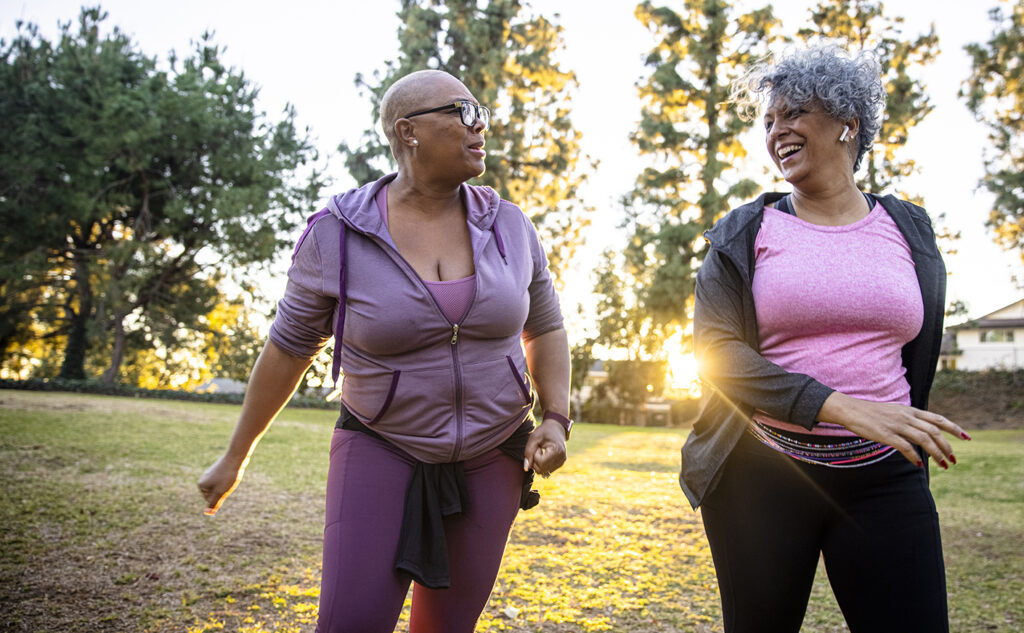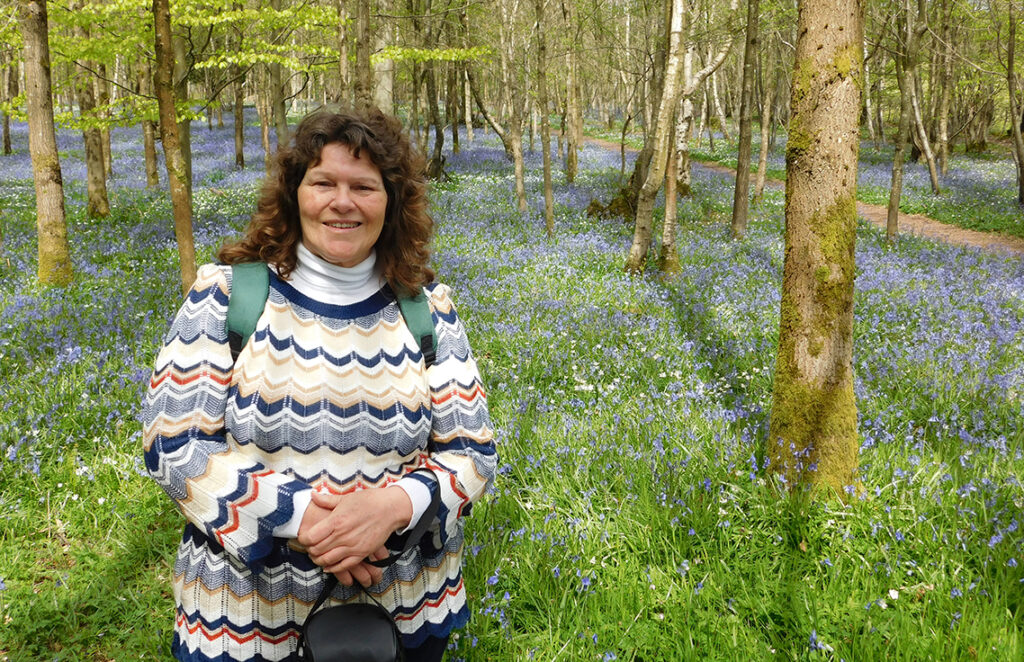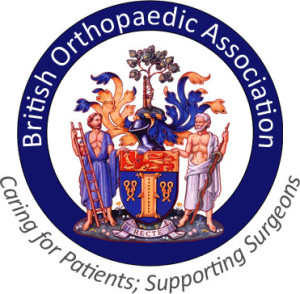Arthritis treatment
Mr Shah specialises in treating hip and knee arthritis and has helped thousands of patients to restore their zest for life.
- Receive expert advice from a consultant
- Choose from all your treatment options
- Enjoy everyday life pain-free


Linda’s double hip replacement
Mervyn’s hip replacement
Diana’s hip replacement
Linda’s double hip replacement
Osteoarthritis
Osteoarthritis causes the cartilage that cushions your joints to break down, resulting in inflammation, pain and stiffness.
Sometime the cartilage can wear out completely and the ends of the joint rub together causing acute pain. Unfortunately, there isn’t a cure for osteoarthritis, but the symptoms can be managed and treated to preserve your quality of life.


What causes arthritis?
Arthritis is a common condition that can cause inflammation and stiffness around your joints, resulting in pain and immobility. It can affect anyone; however, some types of arthritis are related to the ageing process and occur later in life.
Common causes of arthritis include injury, disease and everyday wear and tear. Your genetics and lifestyle can influence your likelihood of developing arthritis. Jobs that are physically demanding and place repeated pressure on the same joint will increase your risk.

What causes arthritis?
Arthritis is a common condition that can cause inflammation and stiffness around your joints, resulting in pain and immobility. It can affect anyone; however, some types of arthritis are related to the ageing process and occur later in life.
Common causes of arthritis include injury, disease and everyday wear and tear. Your genetics and lifestyle can influence your likelihood of developing arthritis. Jobs that are physically demanding and place repeated pressure on the same joint will increase your risk.
My level of fitness has improved so much
- Louise Stanley
Rheumatoid arthritis
Rheumatoid arthritis is an inflammatory disease that can affect the entire body – although it is more prevalent in the joints and tendons. Your immune system mistakenly attacks the tissue around your joints, causing the cells that protect your joints to become sore and inflamed. If it’s diagnosed early, rheumatoid arthritis usually responds well to medication. However, if it’s left untreated, it can destroy the joint completely.


Spotting the symptoms
The main symptoms of arthritis include pain and stiffness and difficulty moving your joints. You might also experience swelling, tenderness and sometimes a crackling sound.
For some people the symptoms of arthritis can have a significant impact on daily life. As well as the physical symptoms, arthritis can impact your mental health as life becomes more restricted and you become more dependent on others for help.
If your symptoms are persistent, make an appointment with your GP. Early diagnosis is essential for avoiding more invasive treatments later on.
Time to see a specialist?
Treatments for arthritis include exercise, medication and physiotherapy. If these don’t improve your symptoms, your GP can refer you to Mr Shah to see if you could benefit from surgical intervention.
If you are paying for your treatment privately or have medical insurance, you can contact Mr Shah directly to arrange a consultation. You don’t need a referral from your GP.
Mr Shah specialises in a range of techniques that can treat arthritis, including cortisone injections, arthroscopy and joint replacement. They can provide dramatic – often life-changing – results for patients of all ages.

Ready to restore your independence?
To ask us a question or arrange a consultation with Mr Shah, don’t hesitate to get in touch.
Frequently asked questions
Unfortunately, there is no cure for arthritis, but there are many treatments that will help to manage your symptoms and slow down its advancement.
You can reduce your risk of certain types of arthritis by maintaining a healthy weight and eating a balanced diet. Keeping active with low-impact cardio and some strength training will help to strengthen your muscles to support your joints better.
The best person to oversee your care will depend on the type of arthritis you have and how severe your symptoms are. If they are relatively mild, your GP can prescribe medication or recommend you to a physiotherapist. If you need further treatment, your GP can refer you to an orthopaedic surgeon or rheumatologist at the hospital.
If you want to be treated under the NHS, your GP will need to refer you to Mr Shah for an initial assessment. If you have medical insurance or plan to pay for your own treatment, you can contact us directly to arrange your first consultation.
Unfortunately, there is no cure for arthritis, but there are many treatments that will help to manage your symptoms and slow down its advancement.
Unfortunately, there is no cure for arthritis, but there are many treatments that will help to manage your symptoms and slow down its advancement.
Unfortunately, there is no cure for arthritis, but there are many treatments that will help to manage your symptoms and slow down its advancement.
Unfortunately, there is no cure for arthritis, but there are many treatments that will help to manage your symptoms and slow down its advancement.
Unfortunately, there is no cure for arthritis, but there are many treatments that will help to manage your symptoms and slow down its advancement.


